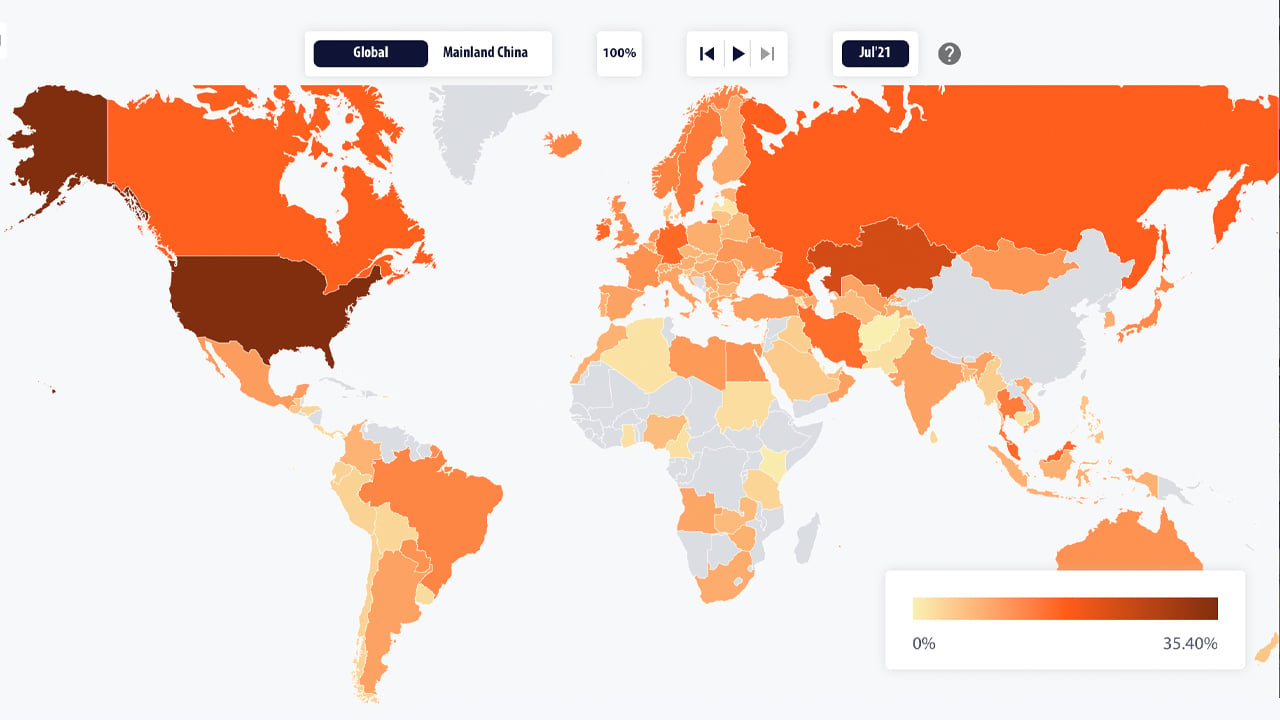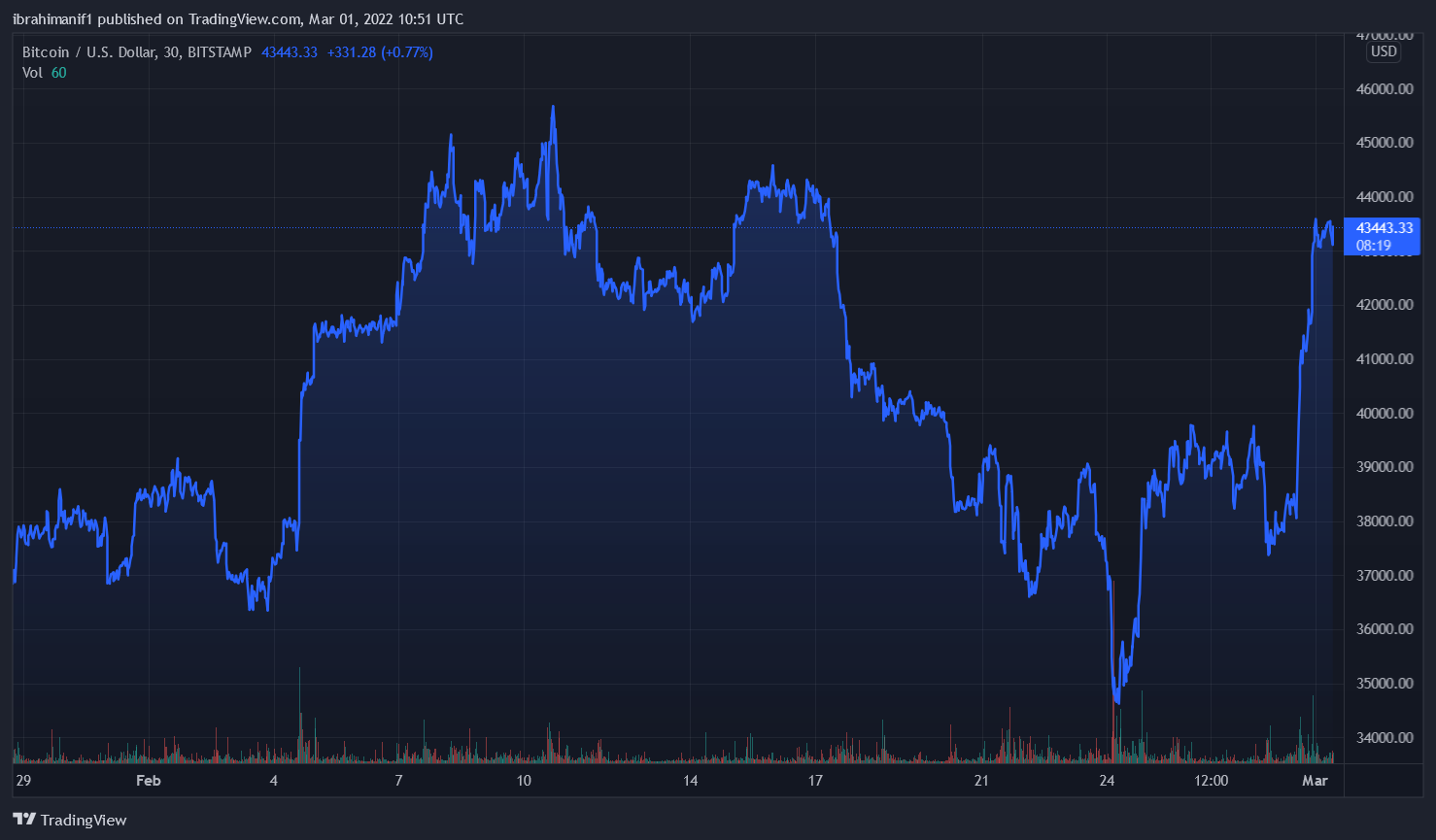
Cambridge and IEA data shows bitcoin carbon intensity peaked last year
Worst case projections seem to suggest that bitcoin emissions will be down by more than two-thirds in five years. According to publicly available data from the University of Cambridge Centre for Alternative Finance and the International Energy Agency, or IEA, bitcoin (BTC) carbon emission intensity may have already peaked.The environmental impact of bitcoin's electricity usage is a favorite talking point of its critics and journalists on the crypto beat. But taking in the available data, Hass McCook, a retired chartered professional engineer, reckons bitcoin's carbon emissions "have....
Related News
The university hopes the move will raise funding for large-scale conservation and restoration initiatives. In an announcement Friday morning, the University of Cambridge announced it would be building a novel decentralized carbon credit marketplace to support global reforestation efforts. Its ultimate goal would be to increase the adoption of nature-based conservation solutions, or NbS, such as reforestation, through financial instruments. The institution envisions that purchasers of carbon credits will be able to securely and directly fund NbS projects through the platform.The initiative,....
After China has reigned for a number of consecutive years as the dominant bitcoin mining epicenter of the world, the United States has “taken the leading position in bitcoin mining,” according to new data from Cambridge University. Data Shows US, Kazakhstan, Russian Federation Rule the Bitcoin Mining Roost In mid-July, researchers from the Cambridge Bitcoin Electricity Consumption Index (CBECI) project published new data from the website’s “Bitcoin Mining Map,” which had not been updated since April 2020. In that specific report, CBECI researchers noted....
The Cambridge Centre for Alternative Finance (CCAF) at Cambridge Judge Business School announced the beginning of the Cambridge Digital Assets Programme today (CDAP). CDAP is a research project aimed at understanding the evolution of digital assets and value transfer systems. Cambridge Research For Crypto The University of Cambridge is launching a new project aimed at […]
After the researchers from the Cambridge Bitcoin Electricity Consumption Index (CBECI) project said that the website’s “Bitcoin Mining Map” had not been updated since April 2020, the map has finally been updated. Current data from the mining map shows the coverage goes all the way up until April 2021, and the estimate of China’s hashrate dominance is much lower than previous estimates. New Estimates Show China Has Less Hashrate Than Previous Statistics University of Cambridge data from the Cambridge Bitcoin Electricity Consumption Index (CBECI) indicates that China....
Bitcoin mining with flared gas and animal waste gases could help the world’s largest cryptocurrency on a path to becoming zero-emission money. A pro-Bitcoin mining report from self-proclaimed philanthropist Daniel Batten has claimed that Bitcoin could become a zero-emission network.The report builds upon data from the Bitcoin Mining Council to understand the impact of carbon-negative energy sources on Bitcoin’s (BTC) overall carbon footprint. Following an investigation and extrapolation of the results, it claims to then “predict when the entire Bitcoin network becomes a zero emission....





